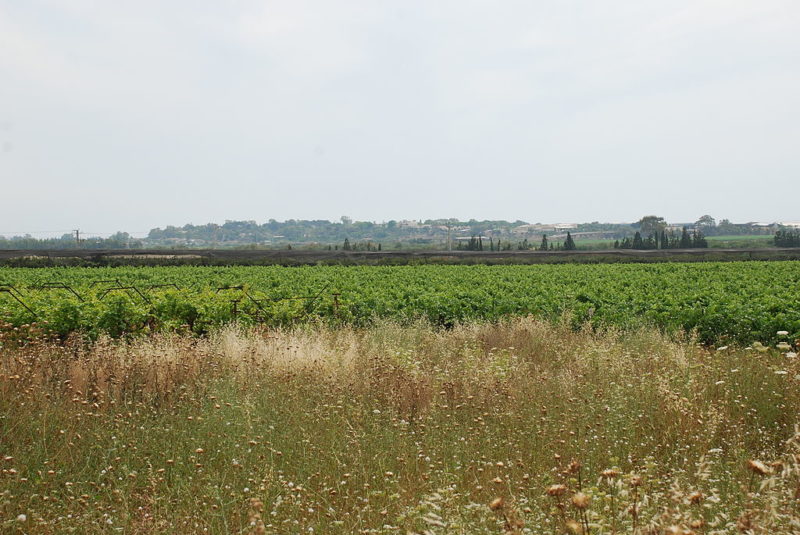Opinion
resetting ourselves
Shmita: The seventh year
In Short
We need to allow ourselves to lie fallow, to see what emerges in us and around us
As we enter the 18th month of the pandemic, we begin the Shmita year. This sabbatical, which occurs every seventh year, marks the time when we are to leave the land fallow. It is a time of recovery for the land, a Shabbat for the Earth. Just as we need rest, so does our planet.
What does it mean to enter a year of rest after the 18 months we’ve just had? For some of us, this has been a year of enforced rest – of increased time at home, lack of travel and social obligations, isolation. For others, it has been a year of chaos and improvisation, of uncertainty and adjustment, of pivoting and repivoting. For all of us, it has been a year of distrust and discomfort, a year when other people were potentially lethal and social norms were dramatically changed.

Ministry of Foreign Affairs via the PikiWiki - Israel free image collection project
This Shmita year can be especially meaningful as we digest the losses and changes of the last year and a half. I keep having the image of a fallow field, a field that has been tested by corn or tomatoes or wheat – much as we have been tested by COVID. What weeds will grow in that field when humans no longer seek to impose our will on nature?
What weeds will grow in you? As we emerge from our various and idiosyncratic lockdowns, where I spend my time could tell me important things about who I am and who I wish to become.
Every culture sets up standards for success – an Ivy League education, marriage, financial security. Or parenthood, a union job, a home. These standards are often passed on through generations without evaluation. Much of the time, our kids want to be who we tell them they want to be. The pandemic has forced many of us to re-evaluate these ideas. Is being busy as important as doing meaningful things? Is this relationship worth the investment? Do I want more of life and can I give more to life?
This creates a parallel question: how will we encourage the self-exploration of others? I believe that the primary psychological task of our lives is self-knowledge. Who am I? For me to encourage your exploration, I need to step back and make room for your weeds.
Every time I hear people talking about “getting back to normal,” I cringe. There is no back to normal. There is only the next normal and the normal after that. And I hope that each of us uses this Shmita year to reset ourselves. To pay attention to the weeds that grow when we rest the soil.
What have you learned in COVID? Researchers looking at Post-Traumatic Growth teach us about deepened relationships and values, heightened spirituality and creativity, increased compassion, altruism, appreciation of life and personal strengths. These may not have been the values that directed our behaviors pre-COVID, but what if they lead us into the future? What if the weeds that have taken hold this year become the seeds we cultivate, the passions that help us improve ourselves, and make changes that benefit others and our planet?
The steps to seeing the weeds that grow are many of the steps that helped us survive the long winter of COVID. Slow down. Put your phone down. Read a book. Distract yourself less so you can find yourself more. Make decisions to spend time with people you love, doing things that matter, rather than filling time. Value time. You can plant next year.
For the Shmita year to bring meaning to our lives, we need to allow ourselves to lie fallow, to see what emerges in us and around us. We need to patiently allow ourselves to see who we are after one of the toughest times many of us have lived through. This year gives us the opportunity to meet ourselves anew. Who will you see?
Betsy S. Stone, Ph.D., is a retired psychologist who currently teaches as an adjunct lecturer at HUC-JIR. Her classes include Human Development for Educators, The Spiritual Life-Cycle, Adolescent Development and Teens In and Out of Crisis. She is a regular contributor to eJewish Philanthropy.












